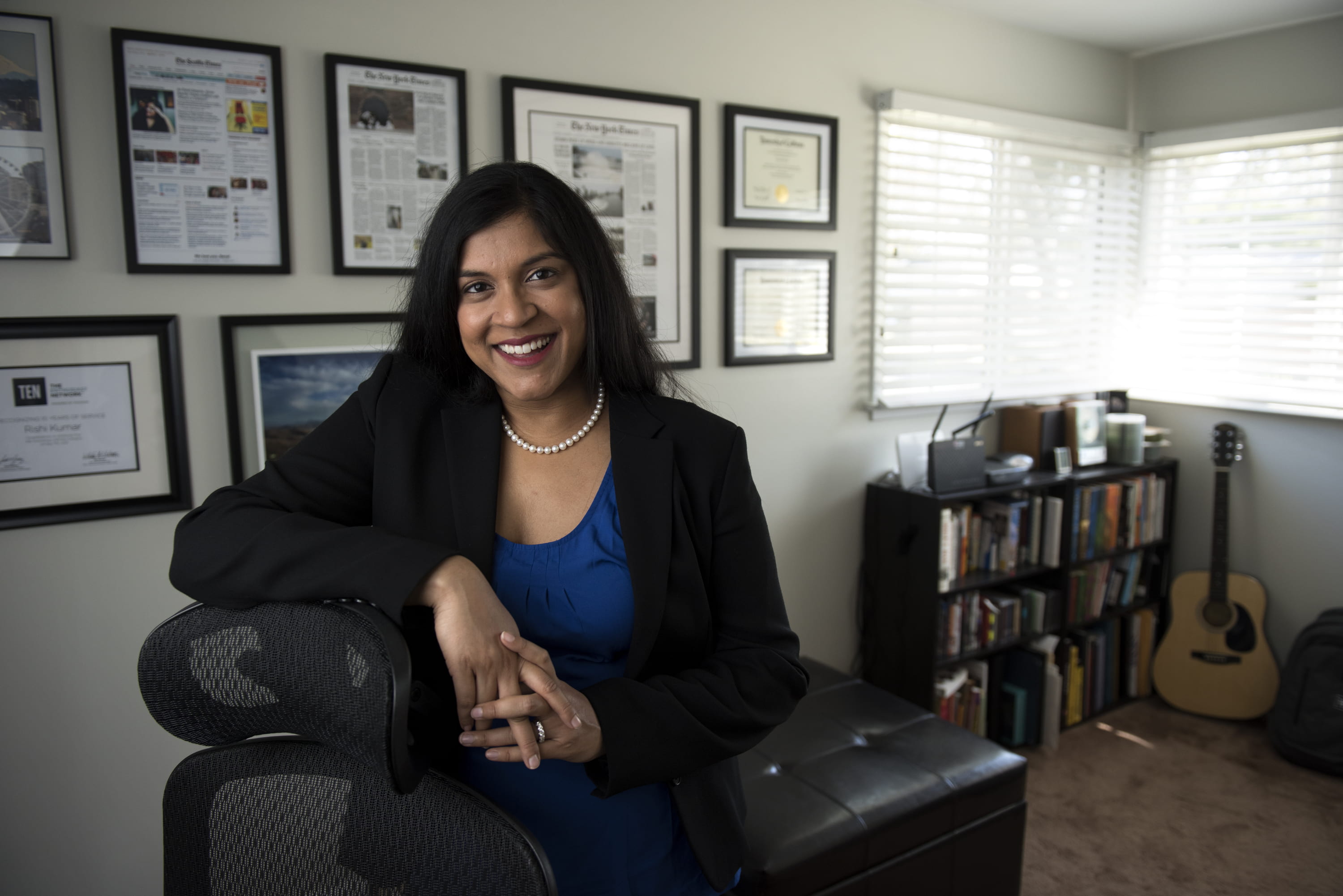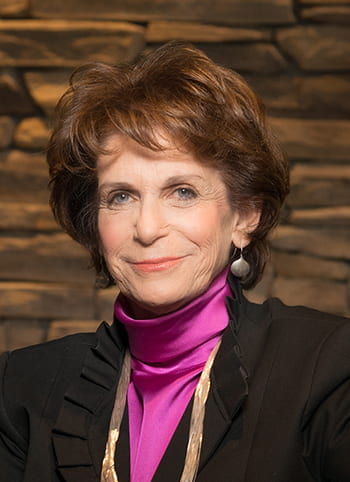
Bridges to Understanding
UCI humanities centers provide insights on the similarities and differences between cultures
“The UCI Humanities Center supports faculty and student research with a number of centers that increase knowledge and understanding of cultures throughout the world,” says executive director Amanda Jeanne Swain. “Some are specific to certain cultures, while others contribute to the understanding of certain topics.”
The centers provide connection between academic units and the community at large. They offer academic programs while also enabling scholarly activity to take place outside the university. In recent years, hybrid events (online and in-person) have spread the reach of UCI programs to audiences across the country.
One example is the Dr. Samuel M. Jordan Center for Persian Studies & Culture. It specializes in the study of Persia/Iran from early times to today. According to Swain, there is a great deal of programming for the diaspora community in the United States and information on current events in the Middle East. “People want to understand the culture because of the current tensions between Iran and the United States,” she says.
Another is the UCI Center for Asian Studies, which focuses on East Asia, China, Japan, Korea, India, Pakistan, Vietnam, Cambodia and other parts of Asia. Swain says: “There are so many different points of need for understanding: anti-Asian hate because of COVID, the rise of China as a world power, deeper understanding of Asian countries and our relationship with them, and generational and ethnic differences of people from the same country of origin.”
Celebrating Korean achievements and the popularity of Korean culture in the United States, the Center for Critical Korean Studies uses young people’s interests as a way to teach about Korea. The hub of Korean studies and scholarship on campus, the center also collaborates with other Asian studies groups, says director Joseph Jeon, professor of English and Asian American studies.
“We are public-facing as well as scholarly, with film screenings, lectures and pop-up events based on current topics,” he says. “When a Korean film or actress wins an Oscar, we hold an event for the campus. With the highest concentration of Koreans in the United States residing in Southern California, we work with the consul general’s office to promote general understanding of Korean culture.”
Similarly, the UCI Center for Armenian Studies supports teaching, research and community engagement with an emphasis on the study of Armenians and Armenia within a regional and world context. It seeks to contribute to the diverse intellectual and cultural life of the campus and beyond, even providing Armenian language classes for local residents without formal enrollment.
Also involved in community outreach, the Center for Latin American and Caribbean Studies provides opportunities for engagement through affiliated Latino student-led organizations. “UCI has been working with the UCI-OC Alliance, an important group that seeks to build bridges between Latino/a/x community members and the university,” says English professor Rodrigo Lazo, interim vice chancellor for equity, diversity and inclusion. “This group has done tremendous work in bringing community leaders to UCI to engage in conversations about how the campus can better serve Latino/a/x students.”
Other centers contribute to the understanding of topical issues. “The Center for Medical Humanities has hosted programs to understand the pandemic and speak out about the connection between the virus and Asian hate in a scientific fashion,” Swain says. “The Forum for the Academy and the Public includes scholars, researchers, journalists and attorneys who talk about important topics related to prejudice and discrimination. To create an understanding of what is happening and why, the forum picks a topic that covers identity and then attempts to determine the political, economic and social ramifications to build a better world.”
The newest UCI humanities center – which was established in fall 2022 with support from UCI’s Office of Research and numerous other schools across campus – is the Center for Liberation, Anti-Racism and Belonging. It seeks to achieve research justice in the aftermath of social divisions and racial injustice that became evident during the pandemic, according to Judy Tzu-Chun Wu, C-LAB co-founder and director of the Humanities Center. Partnering with other universities, cities, public schools and community organizations, C-LAB intends to create a safe community in which to do this work and share its findings with the public.
Representatives of most UCI schools, as well as other potential collaborators, attended a C-LAB kickoff event in October. A series of methodology and training workshops are scheduled to follow. The center plans to be involved in Teaching for Justice for high school students; a project with the South Coast Chinese Cultural Center; as well as partner with the city of Irvine to help college students serve as mentors for youth.
“How do we create a safe community working toward social justice and identify goals to combat inequalities?” says Laura E. Enriquez, associate professor of Chicano/Latino studies and C-LAB co-founder. “The center aims to foster research communities that analyze race, indigeneity and migration. We are grounded in social justice and intent on charting a course toward a research justice university.”
Says Swain, “While the work we do on specific topics may change, the main mission of humanities is to know more about who we are as humans. This leads to the understanding of similarities and differences between cultures as valuable in recognizing common humanity.”
This feature is a news.uci.edu exclusive


